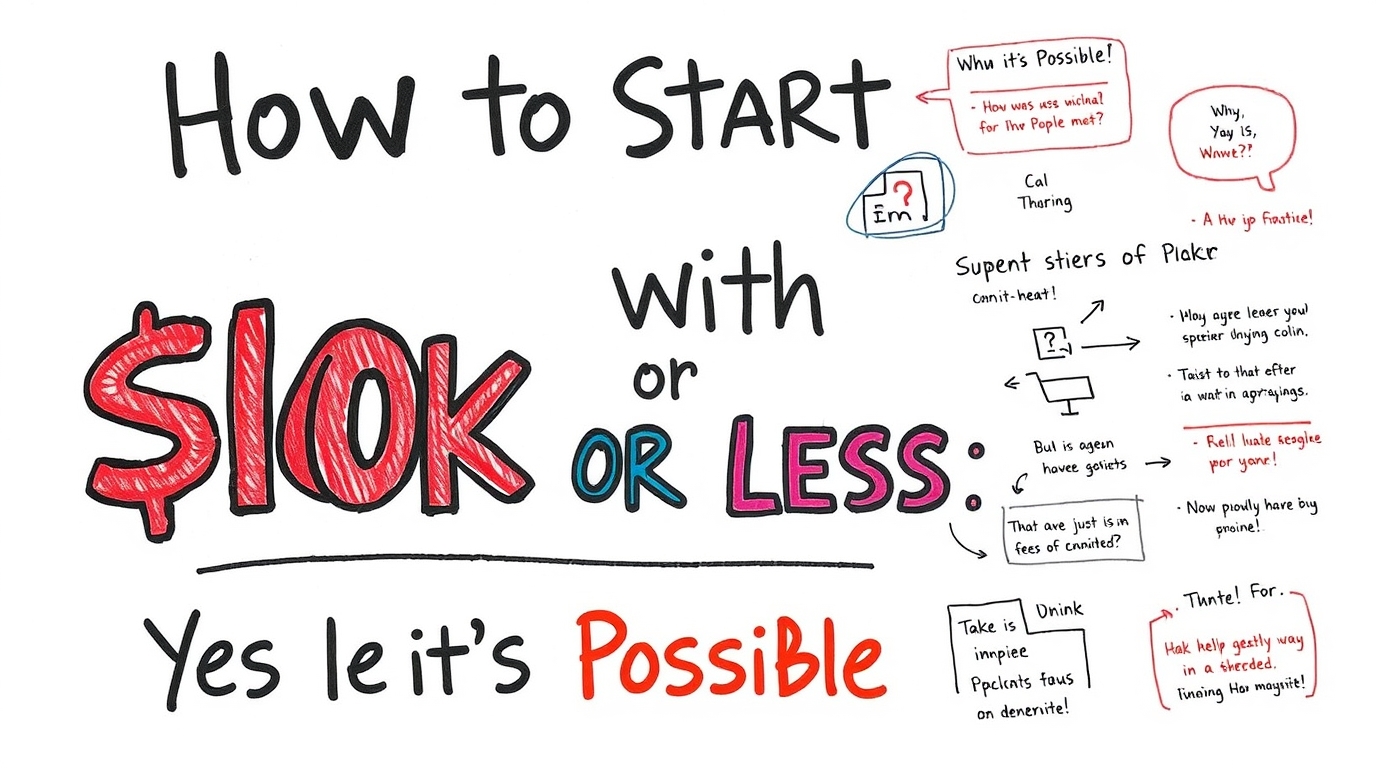Three years ago, I attended a real estate conference in Las Vegas. Picture this: a room full of investors in tailored suits sipping espresso, debating cap rates. Then there was me—a freelance writer with a side hustle flipping thrift-store furniture. But that’s where I met Dave, a former barista who turned a 15k inheritance into a 1.8M portfolio by buying duplexes in overlooked Midwestern towns. His story wasn’t about algorithms or Wall Street jargon. It was about hustle, mistakes, and a feel for neighborhoods everyone else dismissed.
That’s the heart of Money6x Real Estate. It’s not a viral TikTok trend or a fancy acronym—it’s about spotting undervalued opportunities and riding waves of demand before they crest. In this article, I’ll break down how markets like Columbus, Ohio, and Greensboro, North Carolina, are quietly outpacing coastal cities, why your cousin’s Airbnb side hustle might be smarter than your stock portfolio, and how to avoid the traps that sank my first flip (yes, I’ve messed up too).
What Is Money6x Real Estate? (No, It’s Not a Crypto Scam)

The term “Money6x” started popping up in investor forums in late 2023. It’s simple: properties that multiply in value 6x faster than the national average. Think of it like this: If a typical U.S. home appreciates 3-4% annually, a Money6x asset jumps 18-24% yearly. But here’s the kicker—it’s not just about luxury penthouses.
Real-World Example:
In El Paso, Texas, a 3-bedroom home bought for
180k in 2020 sold for 420k in 2024. The secret? A new Tesla factory brought 12,000 jobs, and first-time buyers scrambled for housing. The owner, Maria (a teacher who took a real estate course on weekends), used the profit to fund her retirement.
Why This Works in 2024:
- Supply Crunch: The U.S. needs 4.5M more homes to meet demand.
- Generational Shifts: Millennials are hitting peak family-building years, while Gen Z would rather own a tiny home than rent forever.
- Inflation’s Silver Lining: Unlike cash, real estate grows with inflation. My
- 300k Denver Condo? It’s Now Worth
- 300k Denver Condo? It’s Not Worth 475k—and rents for $3,200/month.
The Hidden Engines Fueling This Boom (Spoiler: It’s Not Just Remote Work)
Sure, remote work kicked things off, but here’s what’s really driving growth:

1. The “Grandparent Economy”
Baby Boomers are downsizing but bankrolling Gen Z/Millennial down payments. A 2024 study found 1 in 5 first-time buyers get help from family. My neighbor’s daughter bought a townhouse in Charlotte using a “gift” from her dad’s HELOC (home equity line of credit).
2. Factories Over Football
Cities winning manufacturing gigs are exploding. Reno, Nevada (thanks to Panasonic’s battery plant) saw rents spike 22% in 18 months.
3. Climate Refugees
After losing her Florida home to flooding, my friend Sarah moved to Knoxville, Tennessee, and bought two rental properties. “I’m betting on the Smokies over swamps,” she says.
How I Blew $27k on My First Flip (And What You Should Do Instead)
In 2022, I bought a “cute fixer-upper” in Tucson without checking the roof. Turns out, termites had partied there for years. Repair bill: $27k. Lesson learned. Here’s how to avoid my blunders:
Step 1: Hunt for “Boring” Markets
Forget Miami and LA. Use Zillow’s Affordability Calculator to find cities where median income covers mortgage payments. My top picks for 2024:
- Wichita, KS: 8% annual appreciation, 3-bed homes under $250k.
- Albuquerque, NM: Tech startups + film studios = rising demand.
Step 2: Partner with a Local Contractor (Not a Fancy Firm)
I overpaid for a “luxury” rehab crew. Now I work with Juan, a contractor in San Antonio who charges half the price and brings his grandma’s tamales to job sites.
Step 3: Test the Rental Market First
Before buying, list a fake rental on Facebook Marketplace. If you get 50 inquiries in a week, you’ve got demand.
The Risks Everyone Ignores (Including “Guaranteed ROI” Scams)
A viral tweet claimed, “Buy land in Montana! It’s the new Aspen!” But here’s the truth:
Risk 1: Property Tax Surprises
Texas has no income tax, but my Austin property taxes jumped 42% in three years. Always check SmartAsset’s Tax Calculator first.
Risk 2: “Instant Equity” Myths
A developer tried to sell me a Phoenix condo with “$100k equity upfront!” Turns out, comps were doctored. I used Redfin’s “Own This Home?” Tool to find the real value.
Risk 3: Overleveraging
Dave (the barista-turned-investor) almost went bankrupt using 5 credit cards to fund a flip. His advice? “Never risk more than 20% of your net worth on one deal.”
How to Start with $10k or Less (Yes, It’s Possible)
You don’t need a trust fund. Here’s what worked for me:

Strategy 1: House Hacking
Rent out spare rooms while you live there. My first “hack”: a 4-bed in Atlanta where I slept in the dining room. Grossed $2,800/month—enough to cover the mortgage.
Strategy 2: REITs for the Risk-Averse
Platforms like Fundrise let you invest $500 in commercial properties. My returns? 8% annually. Not sexy, but steady.
Strategy 3: Wholesaling
Find off-market deals, assign the contract to a buyer, and pocket a fee. My friend Jamal earned $12k in 45 days this way.
The Future of Money6x (Beyond 2024)
At a recent meetup, a pro investor whispered: “AI can’t replace gut instinct, but it’s damn good at finding patterns.” Here’s where the puck’s heading:
Trend 1: AI-Powered “Heat Maps”
Tools like PropStream now predict growth zones using satellite data (e.g., tracking Home Depot truck traffic = upcoming renovations).
Trend 2: 15-Minute Cities
Urban planners are redesigning cities so everything’s a walk away. Snag properties near planned grocery stores or transit hubs.
Trend 3: Rent-to-Own Resurgence
With mortgages pricey, sellers like my buddy Carlos offer lease agreements where 25% of rent goes toward a down payment.
Conclusion:
Money6x isn’t about shortcuts—it’s about sweat, research, and learning to walk away from shiny objects. Start small, stay patient, and remember: My first flip failed, but my fifth bought me a house.
FAQs (Real Questions from My Inbox)
Q: “Should I wait for a market crash?”
A: Timing the market is a fool’s game. Buy when you can afford it.
Q: “How do I find off-market deals?”
A: Drive neighborhoods, look for overgrown lawns, and send handwritten letters.
Q: “Is real estate worth it with high rates?”
A: Yes. Refinance later—rents cover today’s pain.
Q: “Where’s the next “it” market?
Watch secondary cities: think Tulsa (cheap land + remote work grants), or “climate havens” like Minneapolis as coastal areas grapple with floods. Or bet on “18-hour cities” blending urban energy with suburban calm.
Q: “Are millennials and Gen-Z really driving demand?
Yep. Millennials are finally buying homes (thanks to hybrid work), while Gen-Z wants eco-friendly micro-apartments downtown. Both hate paperwork, so digital-first platforms win their loyalty.
